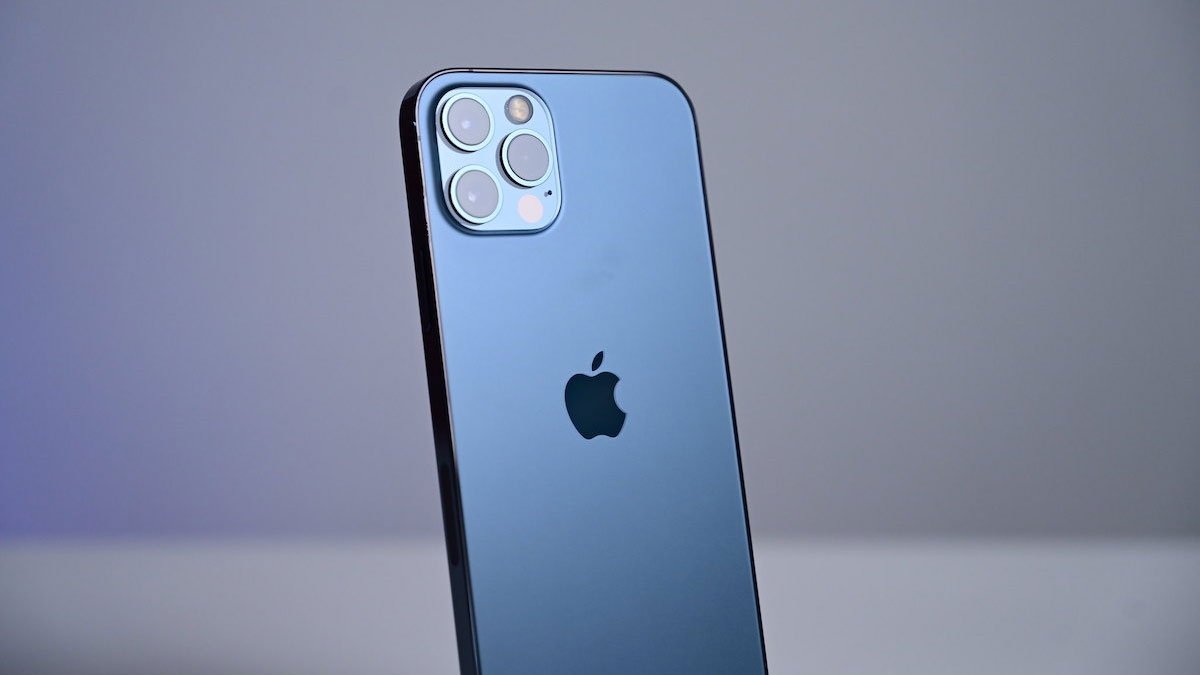A study conducted by a professor of computer science at Trinity College Dublin found that a typical Android handset collects some 20 times more data about its user than a comparable iPhone.
According to researcher Doug Leith, who also serves as Trinity College's chair of computer systems, both iOS and Android continuously collect and send so-called telemetry data back to Apple and Google, respectively, reports ArsTechnica. This information ranges from inserting a SIM card into a smartphone to interacting with hardware and apps.
Data collection routines might run when a user is not logged, has opted out of data collection in privacy settings and when the handset sits idle. Leith found iOS shares information relating to IMEI, hardware serial number, SIM serial number, phone number, device IDs including UDID and ad ID, location, telemetry, cookies, local IP address and nearby Wi-Fi Mac addresses. Android sends similar data, adding device Wi-Fi MAC address but not tapping a handset's location, local IP address and nearby Wi-Fi Mac addresses.
What stands out is the amount of information collected, Leith says. According to his research, Android sends about 1MB of data to Google on startup, while iOS sends Apple roughly 42KB. When a handset is idle, Android sends another 1MB every 12 hours, which compares to about 52KB from iOS. In the U.S., Google is estimated to harvest 1.3TB of data from its users every 12 hours, while Apple is sent 5.8GB over the same period.
Leith measured data collected on first startup following a factory reset, when a SIM was inserted or removed when a handset was idle, when the settings screen was viewed, when location was enabled or disabled and when the user logged in to the preinstalled app store, the report said.
A Google Pixel 2 running Android 10 was used to measure Android data collection. An unknown iPhone model running iOS 13.6.1 was jailbroken to monitor network connections for the same purpose.
Google claims Leith's methodology is flawed, adding that data collection is a core function of any connected device. Speaking on background, a spokesperson challenged the experiment's validity, noting it failed to capture data like UDP/QUIC traffic.
We identified flaws in the researcher's methodology for measuring data volume and disagree with the paper's claims that an Android device shares 20 times more data than an iPhone. According to our research, these findings are off by an order of magnitude, and we shared our methodology concerns with the researcher before publication.
This research largely outlines how smartphones work. Modern cars regularly send basic data about vehicle components, their safety status and service schedules to car manufacturers, and mobile phones work in very similar ways. This report details those communications, which help ensure that iOS or Android software is up to date, services are working as intended, and that the phone is secure and running efficiently.
Leith warns that data collection practices are inherently dangerous, no matter the amount of information being passed back home.
"Currently there are few, if any, realistic options for preventing this data sharing," Leith wrote.
 AppleInsider Staff
AppleInsider Staff




-xl-m.jpg)


-m.jpg)






 Thomas Sibilly
Thomas Sibilly
 Wesley Hilliard
Wesley Hilliard
 Christine McKee
Christine McKee
 Amber Neely
Amber Neely
 William Gallagher
William Gallagher
 Malcolm Owen
Malcolm Owen

 Mike Wuerthele
Mike Wuerthele







21 Comments
And this is a surprise why and did you really think Google wouldn’t try to debunk it because hey, your location, oops I mean your phone’s location is telemetry data...
Of course. For Google, Data is currency, they don't charge in dollars, they charge in megabytes.
It should be zero. But hey, Tim Cook needs a new alarm to wake up at 3:47
It took some digging (I didn't see it anywhere in the AI article or the ArsTechnica source) but the link to the study itself is:
https://www.scss.tcd.ie/doug.leith/apple_google.pdf